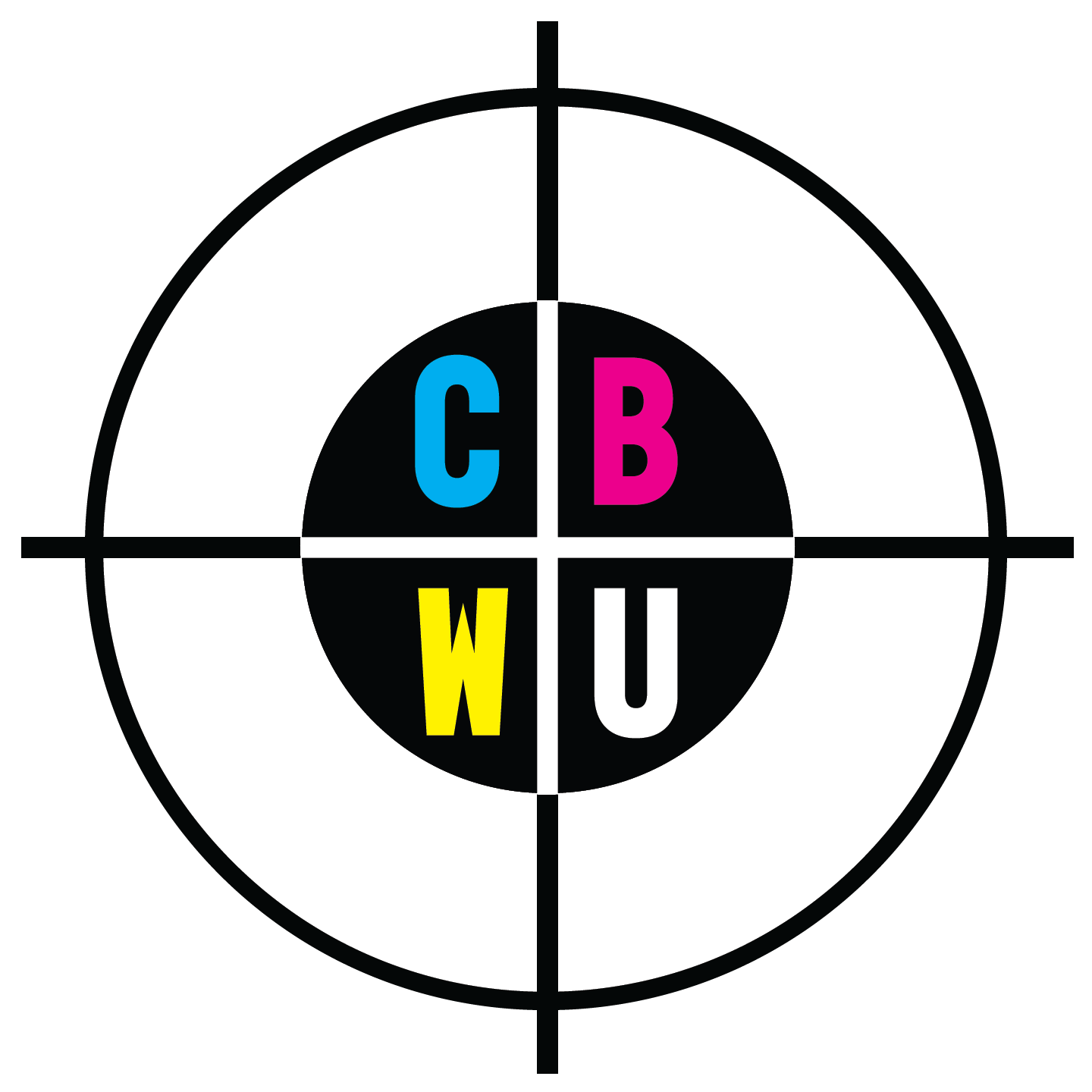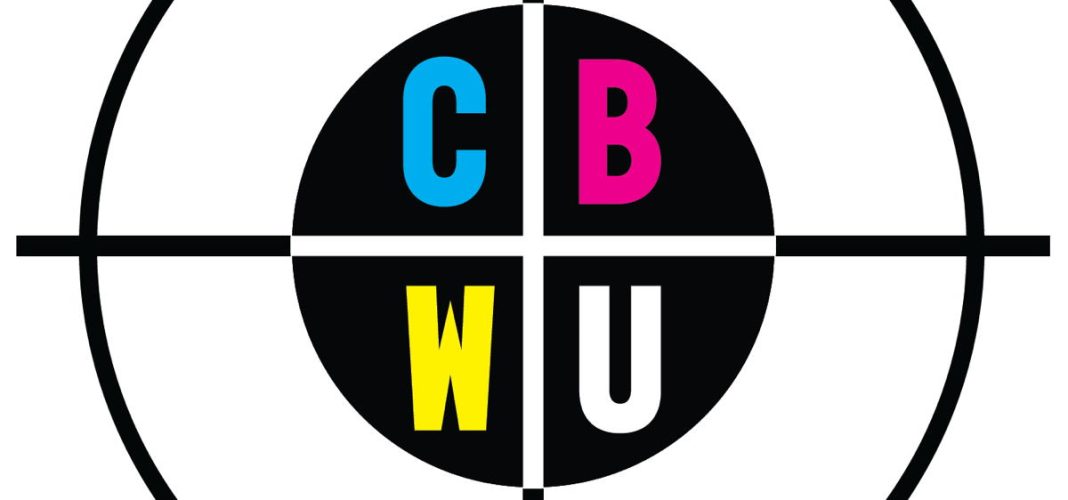Image Comics workers have announced the formation of a union, Comic Book Workers United, and launched a website.

It’s important to note that the union does not include creators – freelancers are not able to unionize because of US labor laws. However they can form a guild – something that the industry has been trying for 50 years.
On their website, CBWU writes, in part:
WE, THE WORKERS OF IMAGE COMICS, HAVE FORMED A UNION.
For years, comics publishing workers have watched our professional efforts support creators and delight readers. Sadly, we have also watched that same labor be taken for granted at best and exploited at worst. Keeping our heads above water was the new normal before the pandemic and since its onset we have been expected to take on even larger workloads with fewer resources.
Our workforce, and the comic book and publishing industry as a whole, is overtaxed and undervalued. This is detrimental not only to general staff but also to the creators we are paid to serve and the audiences they in turn work to entertain.
Our labor is integral to the comic book industry. It requires specialized skills, dedication, and makes quality publishing possible.
We love what we do. But loving what you do doesn’t mean you can’t or shouldn’t ask for improvements to your working conditions. It is with this in mind and with great hope for the future of Image Comics and the comic book industry itself that we announce our intent to form a union and request voluntary recognition.
This should not be radical or revolutionary, and is, in fact, a natural development for a company that started the way Image Comics did.
The announcement is signed by Ryan Brewer, Leanna Caunter, Marla Eizik, Drew Fitzgerald, Melissa Gifford, Chloe Ramos, Tricia Ramos, Jon Schlaffman and Erika Schnatz.
They also announced a list of goals, many of which have been badly needed in the industry ever since the long ago pre WWII sweatshop days, and should represent industry norms.
To foster a more competitive industry as a whole, through salary and workload transparency for all existing and proposed job titles. Employees industry-wide should know what they and their peers are working for and what they can expect from future employment.
Improve staff morale through annual staff and management reviews to assess performance, workload, and whether there is a clear need to expand a department, craft a new role, or increase compensation for employees who have taken on a larger quantity or more complex suite of tasks.
The creation of a more transparent company culture through monthly all-hands meetings, so all staff can better understand both the current and future priorities, responsibilities, and workloads of other departments.
Increase knowledge retention through the implementation of detailed record keeping and procedure documentation for all tasks deemed essential to any given role. These documents are to include detailed and explicit descriptions and instructions for all expected job duties.
Improve career mobility for all staff through stricter adherence to the company’s stated intent to offer open positions up to qualified existing employees prior to opening them up to the public.
The continuation of remote work for any employee who requests it and the creation of a detailed policy outlining how the company provides reasonable accommodations and supplies for remote employees. The pandemic has removed the necessity for the company to pay for a central office space, utilities, etc. With employees in some cases now shouldering one hundred percent of costs that should be shared by the employer, costs such as internet, power, furnishings and other office supplies, computer hardware and related maintenance costs to work from their own personal devices, the company must outline an equitable arrangement for sharing a reasonable percentage of those costs.
Better overall product through the immediate addition of staff, particularly in Production and Marketing departments. Our creators, retailers, and readers can expect white glove attention for all the books we publish; books which will go to press with fewer errors, fewer delays, and a more robust marketing presence due to a more strategic approach to staffing, in reasonable proportion to the actual quantity of output we generate.
A long term, actionable plan to address the overall lack of diversity in both general staff and management. The authors, artists, and readers who bring comics to life have never been homogenous and the stories we publish can only be improved by staffing our organization in a way that more accurately reflects the demographics of our creators, our readership, and the nation as a whole.
Renewed commitment to company values through the addition of a collective voting option to immediately cancel publication of any title whose creator(s) have been found to have engaged in abuse, sexual assault, racism and xenophobia, homophobia, transphobia, anti-Semitism, Islamophobia, ableism, etc. until such time as said creators have engaged in meaningful reparations toward affected person(s).
The announcement has been met with overwhelming industry support, thus far, but obviously it’s but a first step in a long road towards creating fair and equitable working conditions for the entire comics industry.
More to come on all of this, for sure.





I’ll be very interested to see what comic fans can do to help.
It’s getting harder and harder for comic book professionals to make a living wage, with decent workplace conditions. Anyone who reads and purchases comics should want these things for those who make them.
Solidarity forever! Congrats Image workers!
Some things to consider:
1. What larger union is the CBWU affiliated with?
Is the National Labor Relations Board involved yet in certifying the union?
Have other unions, such as Printing and Publishing Workers Industrial Union 450 (IWW), reached out to creators and staffers? What other unions exist in the publishing industry? Newspapers have been unionized; comics historians remember when Mayor LaGuardia read comic strips over the radio during a July 1945 strike!
https://www.loc.gov/static/programs/national-recording-preservation-board/documents/LaGuardiaComics.pdf
Will Image’s non-partner creators offer support? Will Image add new surcharges to their creator contracts to cover the costs and requirements of union bargaining?
If Image does not dispute the formation and creation of this union, will that encourage idealistic comics creators (and prospective staff employees) to apply to Image before all other publishers?
Disney and Warner Brothers have lots of experience working with (and against) guilds and unions. #DisneyMustPay
Would there be much corporate interference if their comics staffers (what few remain) unionized?
There are many genre writers groups advocating for their members. Where is the Comics Creators of America non-profit to promote the comics industry? Why is there no professional award equal to the Nebula or Edgar? If there is an award for Fantasy Sports writing, why not comics?!
I’d love to hear Paul Levitz’ opinions, given his participation in the Comics Creators Guild, as well as his experience as DC’s publisher.
Does a work-for-hire contract muddy the waters regarding freelancers? California (home of DC Comics and Marvel Studios) has some interesting things to say on this matter.
https://www.jdsupra.com/legalnews/employment-law-issues-to-consider-9274262/
And finally…for creators…does incorporation provide better bargaining and legal protections?
Will creator studios honor CBWU contracts and locals, even if their own employees are not members?
I thought this was the reason why The Hero Inititive was founded?
~
Coat
Most of this is standard corporate practice. How in the world have comics survived without these basic structures?
Heidi MacDonald…
“ It’s the first step in a long journey of calls for unionizing various levels of the comics industry. The announcement is signed by nine Image Comics employees, and they state that being the first comics publisher to unionize is very much in the spirit of the original goals of Image Comics TO EMPOWER CREATORS.”
Also Heidi MacDonald…
“It’s important to note that THE UNION DOES NOT INCLUDE CREATORS – freelancers are not able to unionize because of US labor laws. However they [creators] can form a guild – something that the industry has been trying for 50 years.”
Ummmm Why are the freelance creators not a part of this union effort? A Guild is useless unless it means being able to engage in collective bargaining over wages or working conditions like a union.
Please clarify.
Comments are closed.